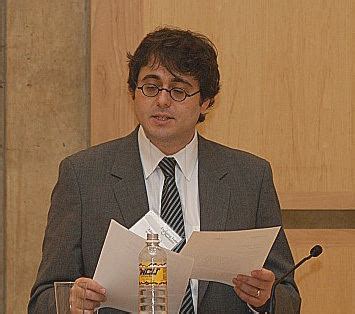A Quote by Barry Gardiner
Most people are surprised to find out that the myth of the crowded little island is just that - a myth.
Related Quotes
But the myth of power is, of course, a very powerful myth, and probably most people in this world more or less believe in it. It is a myth, which, if everybody believes in it, becomes to that extent self-validating. But it is still epistemological lunacy and leads inevitably to various sorts of disaster.
Dream is personalized myth, myth is depersonalized dream; both myth and dream are symbolic in the same general way of the dynamics of the psyche. But in the dream the forms are quirked by the peculiar troubles of the dreamer, whereas in myth the problem and solutions shown are directly valid for all mankind.
Here is a myth for you if myths are your pleasure: "There is no more opportunity in this world." Most people held this false belief fifty years ago, the majority agreed with it five years ago, and practically everyone clings to it today. Clearly, this myth will also be the screaming rage in the future. Hang on to this myth, and you are destined to miss great opportunities for the rest of your life.
But myth is something else than an explanation of the world, of history, and of destiny. Myth expresses in terms of the world - that is, of the other world or the second world - the understanding that man has of himself in relation to the foundation and the limit of his existence. Hence to demythologize is to interpret myth, that is, to relate the objective representations of the myth to the self-understanding which is both shown and concealed in it.


































